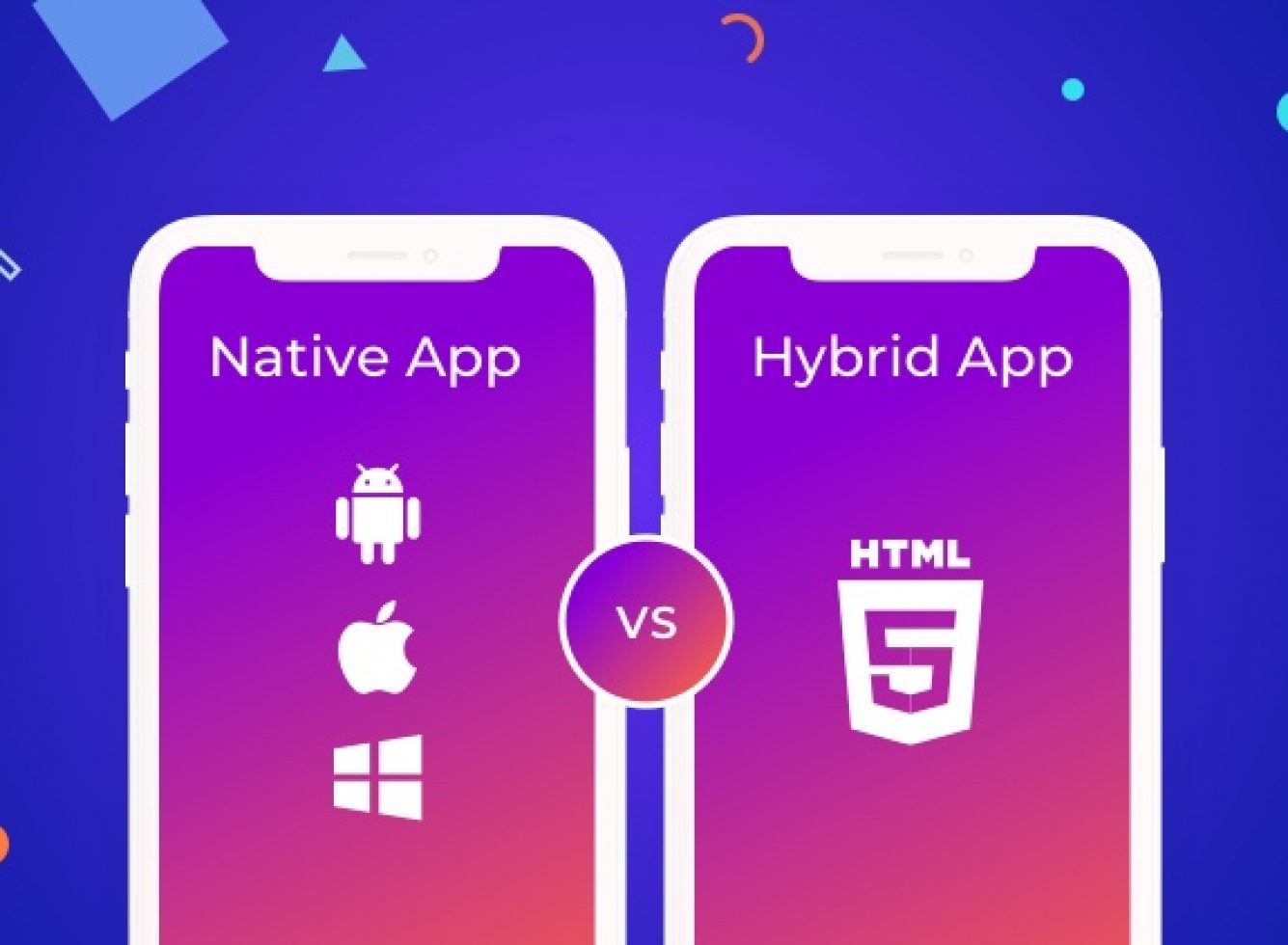Native vs hybrid apps for Magento

What is native app development?
Put simply, native app development refers to creating an app which is designed only to be used with a specific platform or device. Examples could include Windows, iOS and Android. This means that the native app development in question has to take place using the programming language particular to that platform. These options are likely to be as follows:
- iOS – Objective-C or Swift
- Android – Java or Kotlin
- Windows Phone – C#
What is hybrid app development?
The key point of difference between hybrid and native apps is that a hybrid app is an individual app which is created with a range of platforms in mind. It operates as a combination of a web app and a native app, and the same app is equally suited to the platforms listed above – iPhone, Android and Windows. As such, the same hybrid app will work no matter what operating system is being used.
Why choose native app development?
Performance
A native app will have been specifically written with a platform in mind, and this means that it runs extremely smoothly on that platform, thanks to the programming language utilised.
Speed
Native app development is undertaken with the memory and other factors of the platform in question in mind. This means that it will be optimised to run as quickly as possible, and also that it will be quicker and simpler to integrate new functions and features.
UX
One of the most vital aspects of any mobile ecommerce app is the experience of the user. The depth and control offered by native app development make it possible to tweak and customise an app so that the UX is exactly as you intended it to be, making it far more likely that a user will enjoy the experience of downloading and exploring the app, and is therefore much more likely to spend money with your business.
Access
Native app development offers ease of access to all of the technology offered by a specific device. Hence, the app will enable interaction with smartphone or tablet devices such as cameras, microphones and calendars.
Problems with native app development
Of course, despite the many advantages offered by native app development it is by no means perfect. Amongst the aspects of this type of development which might persuade you to turn to hybrid app development instead are the following:
Time
Developing a native app takes longer than developing a hybrid app. This is because the app in question is tailor made for a specific platform and device, and so every aspect has to be tweaked and modified to ensure it is a perfect fit.
Cost
The old saying that time is money is one of those clichés which happens to ring true where developing native apps is concerned. For example, you’ll have to work with an expert developer for every platform that you want the app to work with, and each of these development teams will require a budget of its own.
Why choose hybrid app development?
Costs
Developing a single app which works equally well across a range of platforms removes the need to work with multiple development teams; having to liaise with just the one programmer to create an app that works on Android, iPhone and Windows will help to cut costs dramatically.
Speed
If you’re working in a highly competitive field, with many different businesses attempting to get similar ideas to market simultaneously, then you’ll want to get the app you’re developing out there and in the hands of potential customers with maximum speed. Quicker development times mean that a hybrid app is the ideal choice if this is the case.
Problems with hybrid app development
Performance
The fact that hybrid apps insert an additional layer between the targeted mobile platform and the original source code means that the performance can vary in quality from platform to platform. The same extra layer can also make it more difficult to debug an app.
UX
The fact that a hybrid app has to work on the full range of platforms makes it more difficult to guarantee consistent user experience. If the app has been developed to work particularly well on iOS for example, it may suffer somewhat when launched on Android, and vice versa.
Making the right choice between hybrid app development and native app development will hinge upon a range of factors, from the nature of your ecommerce business to the budget you have to devote to development. By working with the ecommerce application development team at Vsourz you can be certain that – whether it’s a Magento hybrid app of a Magento native app – the app you end up with will be perfectly suited to your business.






